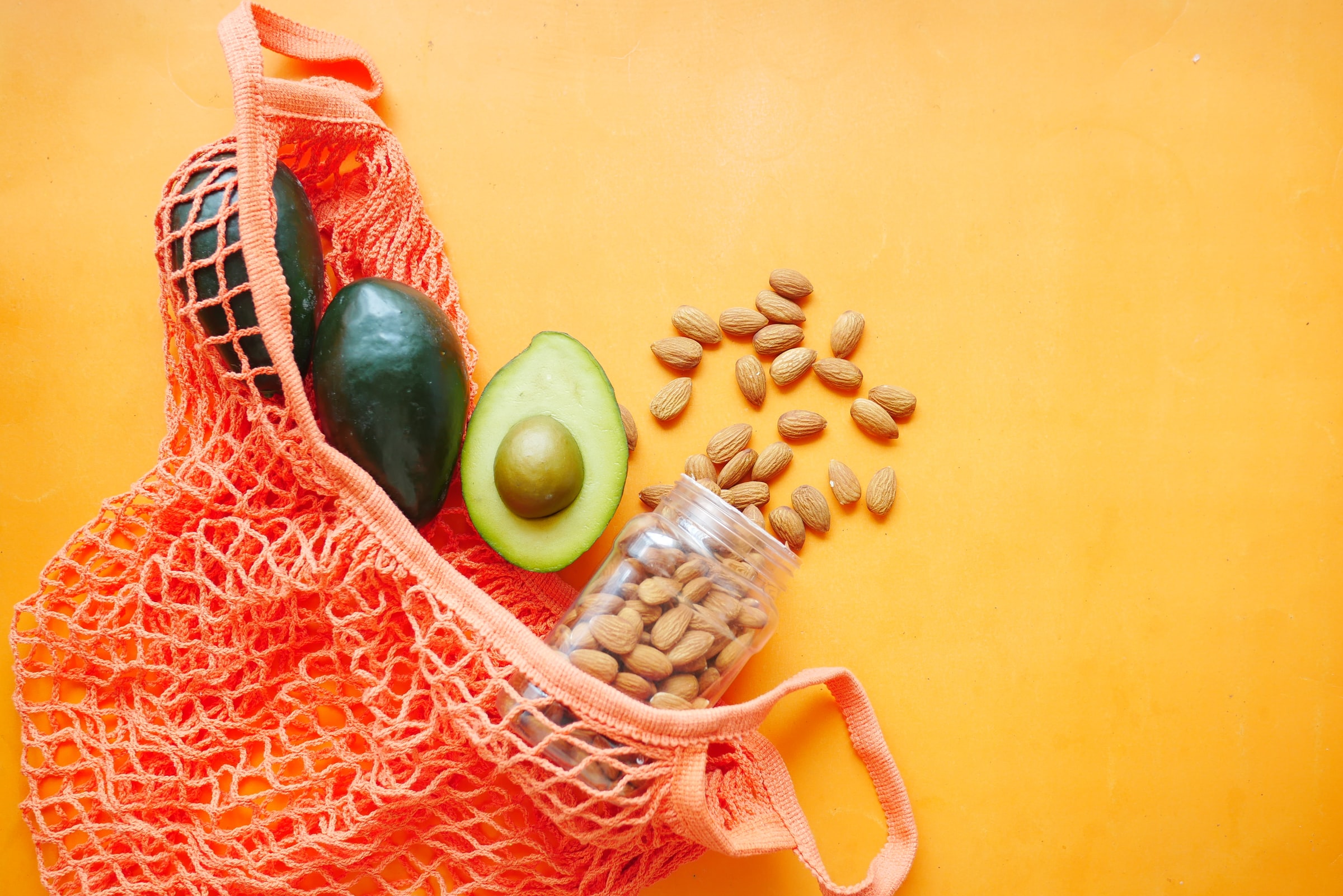The quiet revolution in your kitchen

In kitchens up and down the country, a quiet revolution is taking place in terms of our attitude to food. A perfect storm of circumstances has led to a situation in which the things we eat are changing more rapidly than ever before. From celebrity chefs to Instagram influencers, high-profile trends are being adopted and shared in pursuit of a healthier and more sustainable relationship with food.
There are various strands underpinning this sea-change in food production, distribution and consumption. They’re all interconnected in some respects, yet also highly distinct:
Diet
It’s anticipated that a quarter of the British population will be vegetarian or vegan by 2025. Plant-based diets are soaring in popularity, and even meat-eaters are cutting down or swapping out key ingredients. Dramatic improvements in meat substitutes have aided this, with ‘bleeding’ beefburgers and vegan sausage rolls increasingly indistinguishable from their ancestors. Add in the growth of pescatarian and flexitarian diets, and it’s easy to see why food retailers are expanding their meat-free ranges, while vegan cafés are flourishing.
Packaging
The adoption of plant-based lifestyles often accompanies environmental awareness, with documentaries like Netflix’s Seaspiracy illustrating the unsustainably high cost of eating meat and fish. Environmental concerns extend to packaging, with retailers being heavily censured for excess plastic. The rise of bring-your-own-packaging stores is a riposte to bagged bananas and shrink-wrapped kiwis. Why buy a non-recyclable plastic bag of cereal in a cardboard box when you could bring it home in the same tub again and again?
Locally-sourced food
Alongside packaging-free shops, we’re eating local more than ever. Jeremy Clarkson’s new farming series has coincided with the rise of the farm shop, where people buy produce cultivated on-site. Street food vendors and high-end restaurants alike celebrate local, seasonal produce while minimising transportation (and optimising freshness). The concept of food miles – how far something travels before it’s consumed – is influencing which fruit and veg appear in our fridges, and what ingredients are stocked in the shops.
Organic
The environmental consequences of pesticides and genetically modified foods have been understood for decades, but there’s still a growing appreciation of organic alternatives. These foods tend to have more antioxidants and fewer pesticides, benefitting people with allergies. The fact that fewer chemicals enter the food chain is also beneficial as we become more aware of what we’re consuming. Parents are often especially keen to ensure their children consume organic produce wherever possible.
Welfare
It’s rare to find intensive-farming produce like battery eggs or foie gras on sale nowadays, as animal welfare rises up the public agenda. Tireless campaigning has persuaded the UK Government to ban live animal exports, with many foods now marketed on their welfare qualities. You only have to look at fast food advertising to see how deeply these principles have embedded themselves in society. It’s also made us keen not to waste anything we buy, with a 21 per cent drop in avoidable household food waste over the last five years.
Sustainability
From the adoption of renewable energy to the repopulation of former forests, sustainability is a key watchword in today’s food revolution. Consumers are increasingly keen on sustainable packaging, reducing landfill waste and minimising plastic disposal. The recent ‘right to repair’ rules will tackle in-built obsolescence of kitchen appliances, extending their lifespan by up to a decade, with repair shops thriving across Scotland. There’s also growing use of reclaimed materials in kitchen furnishings, as sustainable timber and metals replace plastic.
Back to Latest Posts




